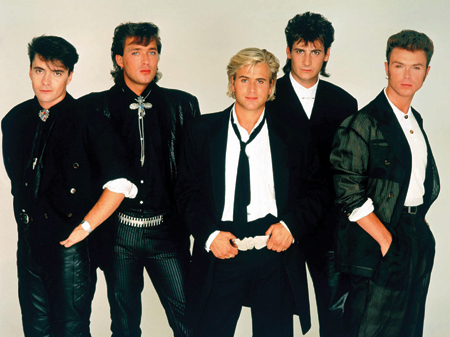It’s called reading. It’s how people install software into their brains.
So last week I asked Twitter what the key skills of reading were?
DECODING – identifying written words to decipher a text.
VOCABULARY – Geoff Barton continues to inspire me, his leadership and emphasis on the importance of whole-school literacy, not just reading, has had a marked impact on my own leadership. With roughly one in five children, not reaching the expected Level 4 at the end of primary school every year, the baton is past on to us Secondaries, who appear to be finding the challenge difficult, as just one in 15 (6.5%) of this slow starters go on to get %5A*-C EM.
Vocabulary is so much more than merely accessing and building a word bank, it is an understanding of word meaning and word upgrading. The differences between “mimicked” and “imitating,” the upgrading of word choices from “big” to “enormous.” The challenging is to incorporate a wider vocabulary and word richness in our students.
I am determined that reading (and the reading derivatives) will be the most prominent, whole school, skill we address this year at The Academy. I remain driven by this Daniel Rigney quote I used in my ‘Reading’ assembly a few weeks back.
While good readers gain new skills very rapidly, and quickly move from learning to read to reading to learn, poor readers become increasingly frustrated with the act of reading, and try to avoid reading where possible. – “The Matthew Effect” – Daniel Rigney
[qr_code_display]


